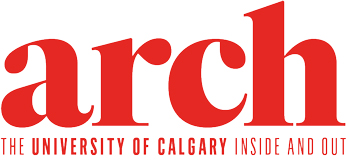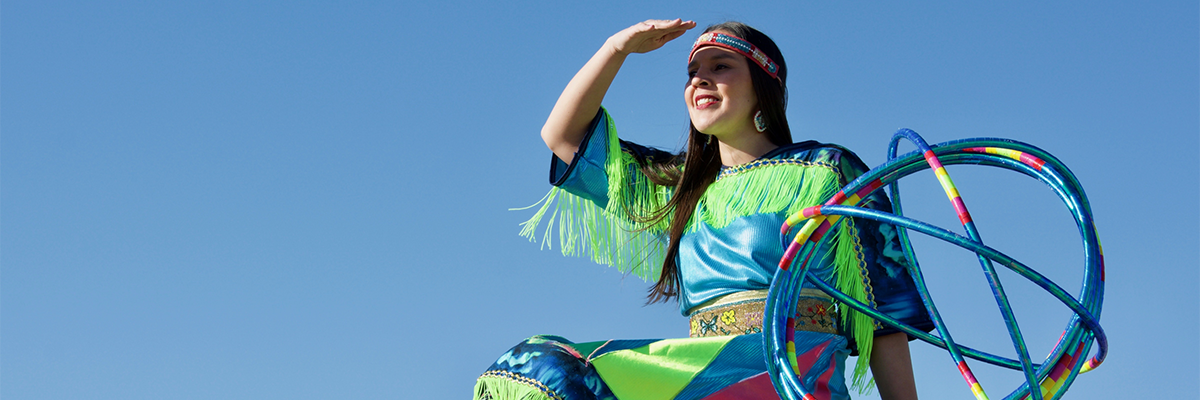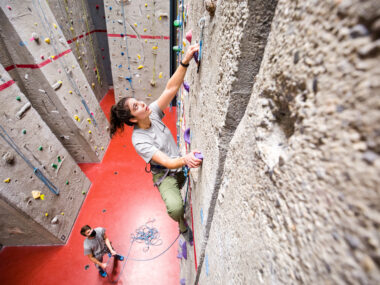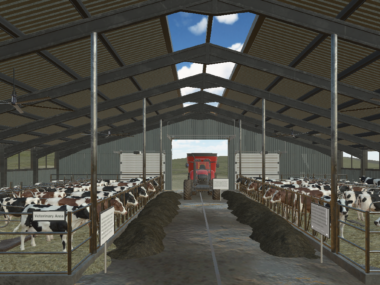This Sept. 30 marks the second annual National Day for Truth and Reconciliation, a new federal statutory holiday to honour the lost children and survivors of residential schools. We asked Indigenous members of our university community how this public commemoration of painful history and ongoing impact resonates with them. Not surprisingly, the day is met with a mixture of hope and sadness.
Teena Starlight
“My dad was a residential school survivor; my mom was a residential day-school survivor, as is my husband; and many elders I work with are survivors. I feel the National Day honours them by acknowledging that this is something they went through. It’s real.
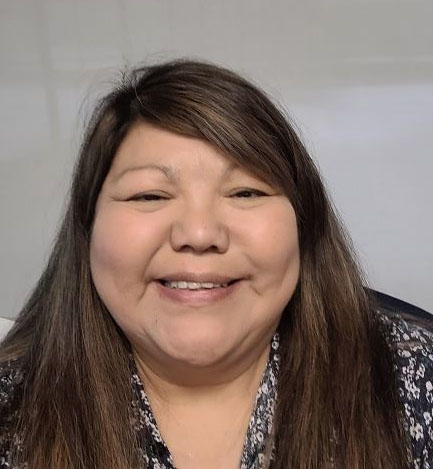
“So, yes, the day is important to me. What I don’t agree with is that people have the day off. As an educator, I believe that the reasons for it should be highlighted within schools and workplaces. Taking the day off takes away from its meaningfulness. My parents who suffered didn’t get days off; why do others?
“That’s the conflict I have, but marking a National Day is a step in the right direction. It’s a long time coming. And hopefully it improves relationships and understanding.
“I know I’m affected by generational trauma and it’s even more intense for my husband. I’ll spend the day with him.”
Teena Starlight (Tsuut’ina Nishina Ts’ika a’at), BEd’99, is from the Tsuut’ina Nation. She is a PhD candidate in the Werklund School of Education and serves as the Indigenous Student Access Program (ISAP) co-ordinator for Writing Symbols Lodge.
Dr. Michael Hart
“We must recognize that Indigenous peoples have always had, and always will have, aspirations for ourselves. Part of the problem is that we have been forced to adopt a way of ignoring Indigenous peoples’ gifts and abilities. That’s a key part what residential schools were about – forced imposition on Indigenous peoples, forced assimilation.
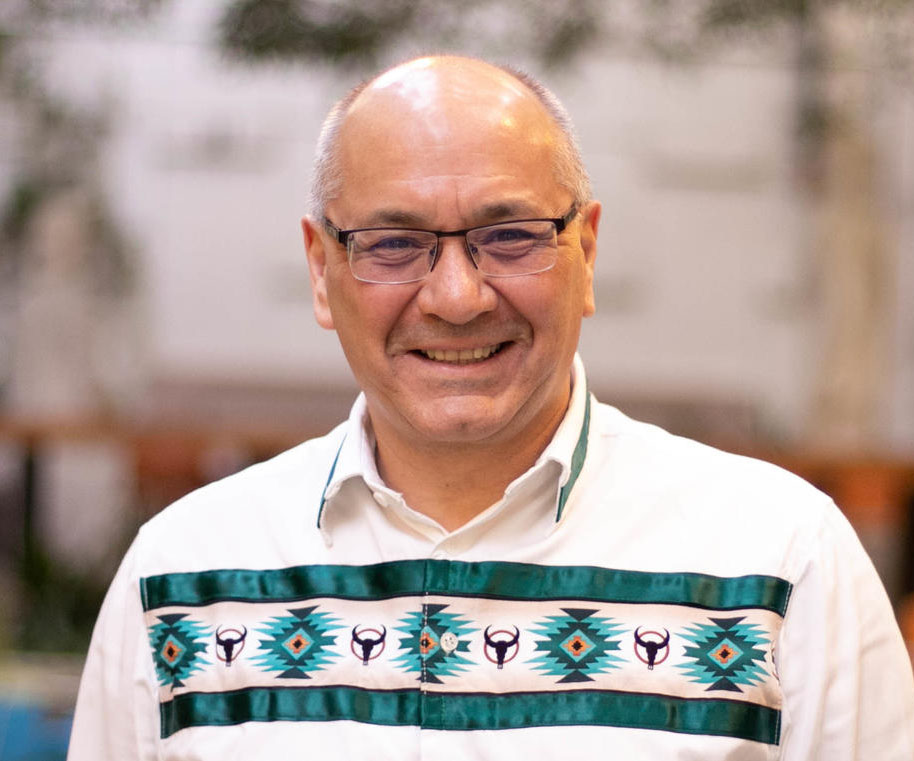
“But we have our own understandings and practices and ways forward to help us achieve those aspirations. Part of the truth of ‘truth and reconciliation’ is asking and recognizing, ‘What are Indigenous aspirations?’ and, ‘What are the abilities and skills and knowledge of Indigenous peoples?’ We must pay attention to these visions, abilities and gifts.
“I go through many feelings about this day. I have family members who went to residential school. My own mother went to a day school. I estimate seventy per cent of my Indigenous friends went to residential schools.”
“Out of that, I have a lot of sadness when I see the impacts upon loved ones or recognize the impact on myself and the ongoing work that I need to do in terms of intergenerational effects of residential school. For me, at times, that becomes frustration and even anger that I am then told to stop because it makes others uncomfortable.
“To overcome those sometimes-overwhelming feelings, I think of how Indigenous peoples are putting in the effort to create change for themselves. I also have faith that more and more non-Indigenous peoples recognize the impact of residential schools and that they want to do things differently. I have faith and optimism that we can create change.”
Dr. Michael Hart, PhD, UCalgary’s first vice-provost (Indigenous Strategy), a position established on Nov. 16, 2017, with the launch of ii’ taa’poh’to’p, UCalgary’s Indigenous Strategy. He is a citizen of Fisher River Cree Nation.
Sandra Lamouche
“For me, personally, it’s a day of mourning. Not only did all but one of my grandparents attend residential schools, but both of my parents attended day schools and still suffer physical and psychological trauma from their experiences. My kokum [grandmother] attended residential day school, and her death remains an unsolved murder — that’s another issue related to colonization and residential schools that continues to this day.
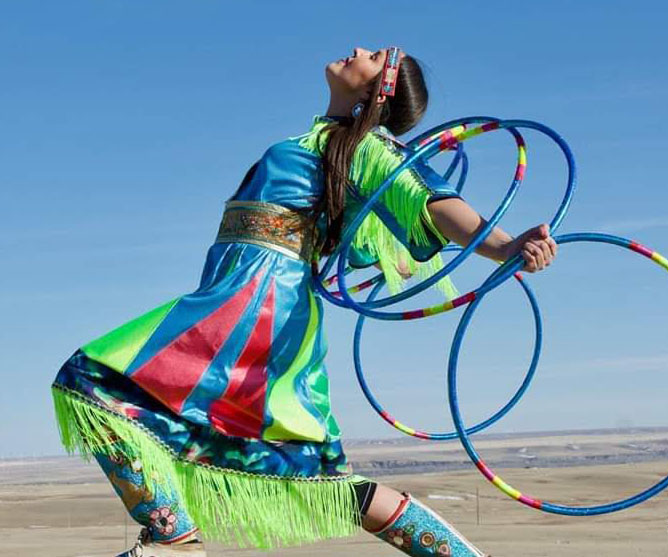
“The National Day for Truth and Reconciliation helps with mourning and healing, but also with remembering the strength and knowledge that we have — and that grows stronger each day and with each new generation of Indigenous children.”
“Former senator Murray Sinclair said, ‘We have to turn those 150 years of negativity into generations of positivity.’ I believe that change can happen overnight. I believe we can make more progress if we are willing to make it happen.”
Sandra Lamouche is a member of the Bigstone Cree Nation. She is copy editor and webmaster for UCalgary’s Journal of Indigenous Social Development, which is dedicated to improving practice and expanding knowledge relevant to Indigenous peoples’ social, cultural, economic, and environmental well-being worldwide
